This month's high point is the long-delayed release of the Metropolitan Opera's Otello with Renee Fleming, Placido Domingo and James Morris. But we'll begin with something rather more unusual.
he Mazeppa of legend was punished for a love affair by being tied naked to the back of a horse which was then let loose on the Russian steppes. This caused the Romantic era to see him as an emblem of the outcast artist, and Byron and others wrote poems about him. In reality he was a 17th century strong man in the Ukraine who tricked the Russian czar by siding with the invading Swedes.
Neither of these aspects are central to Tchaikovsky'ss neglected opera. Instead, it focuses on Mazeppa's abduction in old age of a young girl, Maria, who is nevertheless deeply in love with him. Trouble arrives when he arrests Maria's father, a powerful political opponent, and has him tortured and condemned to death. Maria rushes to the scene to appeal for her father'ss life just in time to witness his execution, an experience that deprives her of her sanity.
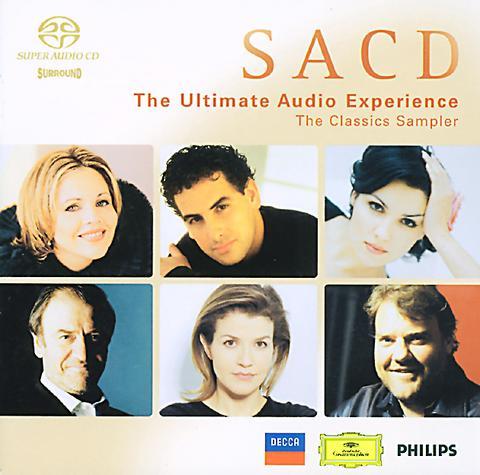
This DVD version is old-fashioned and more in the usual Kirov manner. Chorus members march on stage in line, the elaborate costumes appear stuffy, sword fights are heavy-handed and predictable, and the one ballet episode -- a notable weak point -- lacks all sparkle. The result is that only the plot's most dramatic moments, such as the execution scene, stand out. If the St Petersburg team had found the money to employ an imaginative director the whole experience could have been elevated onto another level altogether. Even so, this disc will appeal to enthusiasts simply because performances of any kind of this opera are so rare.
Nikolai Putilin delivers a forceful performance as the gray-haired lover torn between adoration of his young wife and his arrogance as a man of iron. Irina Loskutova is a sympathetic Maria, notably in the mad scene where she distributes flowers in a stage tradition that goes back to Shakespeare's Ophelia. Tenor Victor Lutsiuk has his moments as Maria's youthful admirer.
thousand times preferable, however, is this DVD of Verdi'ss Otello, magnificent in virtually every particular. The work itself is a towering masterpiece, Domingo has long been acknowledged as the title role'ss greatest living interpreter, and the production, by London's Elijah Moshinsky, is very fine, albeit in no way definitive. The DVD, new this month from DGM despite being of a New York performance given eight years ago, is consequently an unmitigated delight from beginning to end.
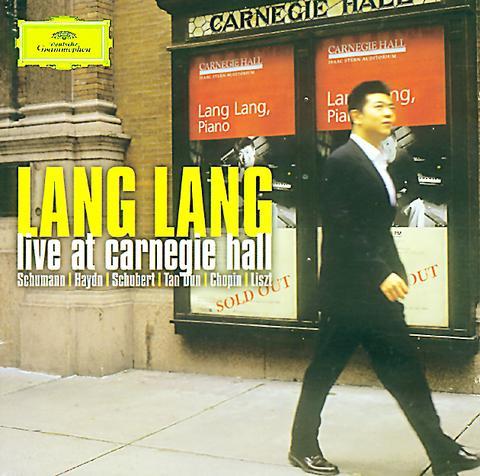
Amazingly, this is Domingo's fourth appearance on DVD as the deceived Moor, though both Fleming as Desdemona and Morris as Iago were singing their roles for the first time in this production. Domingo, 55 when it was recorded, is superb throughout, both vocally and dramatically. Fleming is unexpectedly warm -- domestic, and even slightly cosy -- for a bel canto specialist. But the surprise is Morris, an outstanding and original Iago -- taller than Otello, more than slightly intellectual, and all the more effective for not being the usual snarling stage villain. Indeed, Domingo must have worried at times that Morris might be stealing his fire.
All in all, this is an exceedingly fine product and very highly recommended. The already sumptuous production has been beautifully molded for the screen by the ubiquitous Brian Large and, like Mazeppa, has subtitles available in Chinese, English, Spanish, French, German and Italian, and a Surround Sound option.
henyang-born pianist Lang Lang, still only 21, seemingly can do no wrong. Some even call him a new Glenn Gould. This double CD is a live recording of his sell-out debut at New York'ss Carnegie Hall last November, something that's a virtual rite of passage for pianists of world stature. He offers a wide range of material including Tan Dun's first composition, Eight Memories in Watercolor and a track featuring his father playing the Chinese erhu. His performance of Liszt's vertiginous Reminiscences of Mozart's Don Giovanni (the first track on CD2) gets a particularly wild ovation. A DVD of this same event will be released in August. Lang Lang will give a single concert in Taipei on May 9.
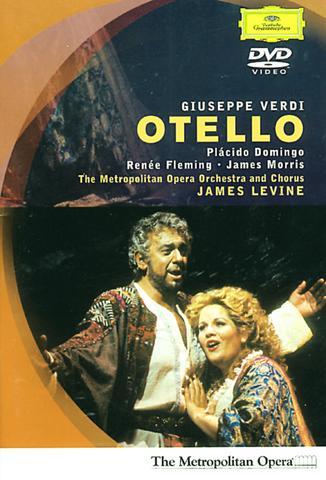
his Super Audio Compact Disc, offered as a remonstration of six-channel recording, including a sub-woofer channel, also delivers superbly vivid sound reproduction on ordinary CD systems. It contains tracks from 14 previously-released CDs ranging from the Baroque composer Heinz Ignaz France Biber, via Dvorak and Mahler, to modernist Olivier Messiaen. Try track 10, from Mahler's Resurrection Symphony under businessman-conductor Gilbert Kaplan, if you need convincing. A Chopin piano track from Ashkenazy sounds not only as if you're in the same room, but squatting under the
piano lid. The CD also serves as a convenient sampler for some recent items from Universal Music's catalogues.
here's just room to mention the re-release on EMI's Great Recordings of the Century label of this 1969 version of Jules Massenet's romantic opera, long valued for Victoria de los Angeles' tender performance as the heroine Charlotte. The sound is remarkably good for its era.
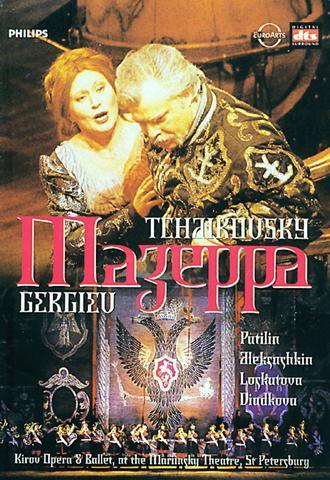
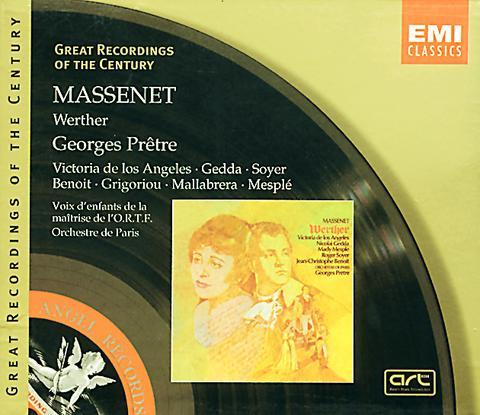

June 2 to June 8 Taiwan’s woodcutters believe that if they see even one speck of red in their cooked rice, no matter how small, an accident is going to happen. Peng Chin-tian (彭錦田) swears that this has proven to be true at every stop during his decades-long career in the logging industry. Along with mining, timber harvesting was once considered the most dangerous profession in Taiwan. Not only were mishaps common during all stages of processing, it was difficult to transport the injured to get medical treatment. Many died during the arduous journey. Peng recounts some of his accidents in

“Why does Taiwan identity decline?”a group of researchers lead by University of Nevada political scientist Austin Wang (王宏恩) asked in a recent paper. After all, it is not difficult to explain the rise in Taiwanese identity after the early 1990s. But no model predicted its decline during the 2016-2018 period, they say. After testing various alternative explanations, Wang et al argue that the fall-off in Taiwanese identity during that period is related to voter hedging based on the performance of the Democratic Progressive Party (DPP). Since the DPP is perceived as the guardian of Taiwan identity, when it performs well,

The Taiwan People’s Party (TPP) on May 18 held a rally in Taichung to mark the anniversary of President William Lai’s (賴清德) inauguration on May 20. The title of the rally could be loosely translated to “May 18 recall fraudulent goods” (518退貨ㄌㄨㄚˋ!). Unlike in English, where the terms are the same, “recall” (退貨) in this context refers to product recalls due to damaged, defective or fraudulent merchandise, not the political recalls (罷免) currently dominating the headlines. I attended the rally to determine if the impression was correct that the TPP under party Chairman Huang Kuo-Chang (黃國昌) had little of a

A short walk beneath the dense Amazon canopy, the forest abruptly opens up. Fallen logs are rotting, the trees grow sparser and the temperature rises in places sunlight hits the ground. This is what 24 years of severe drought looks like in the world’s largest rainforest. But this patch of degraded forest, about the size of a soccer field, is a scientific experiment. Launched in 2000 by Brazilian and British scientists, Esecaflor — short for “Forest Drought Study Project” in Portuguese — set out to simulate a future in which the changing climate could deplete the Amazon of rainfall. It is